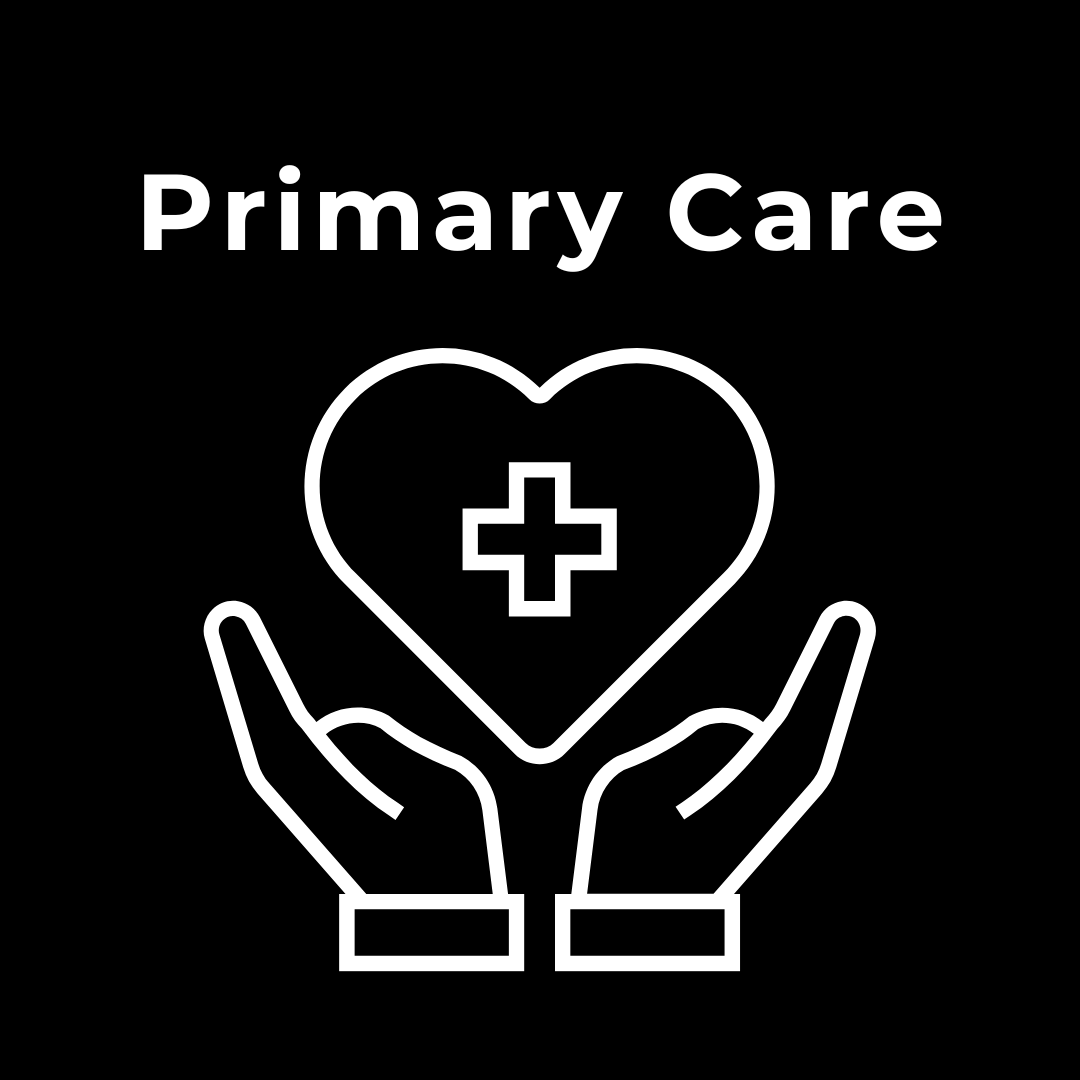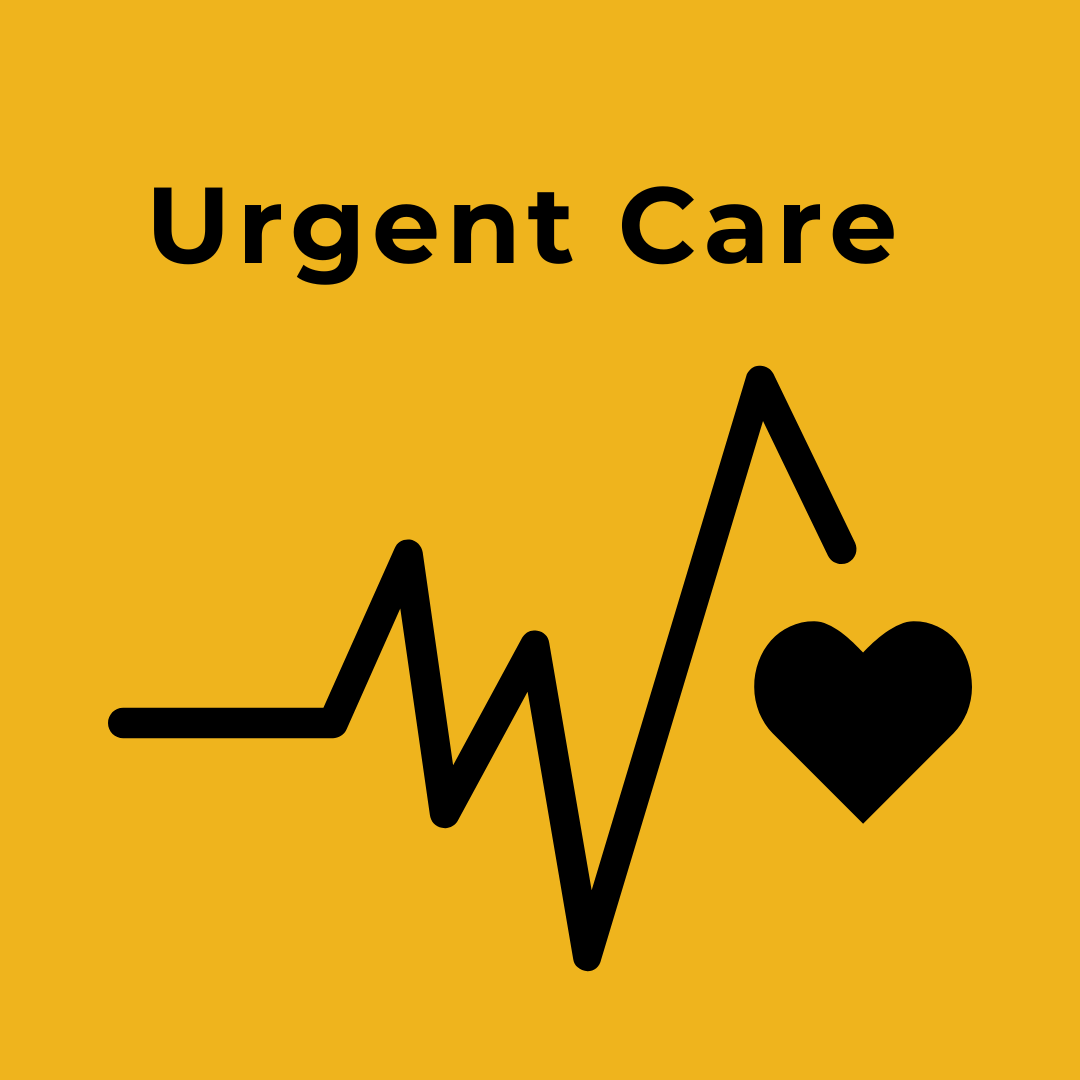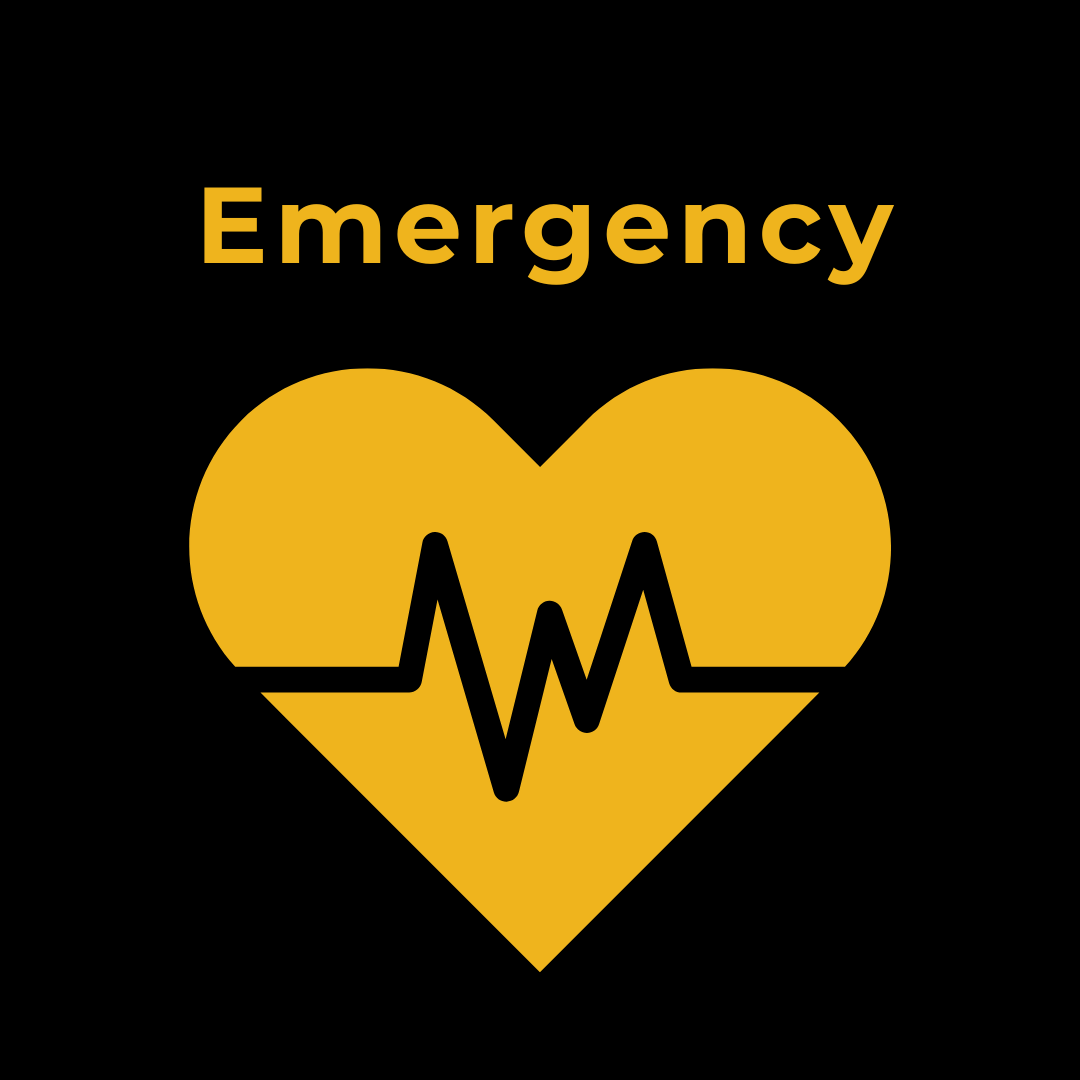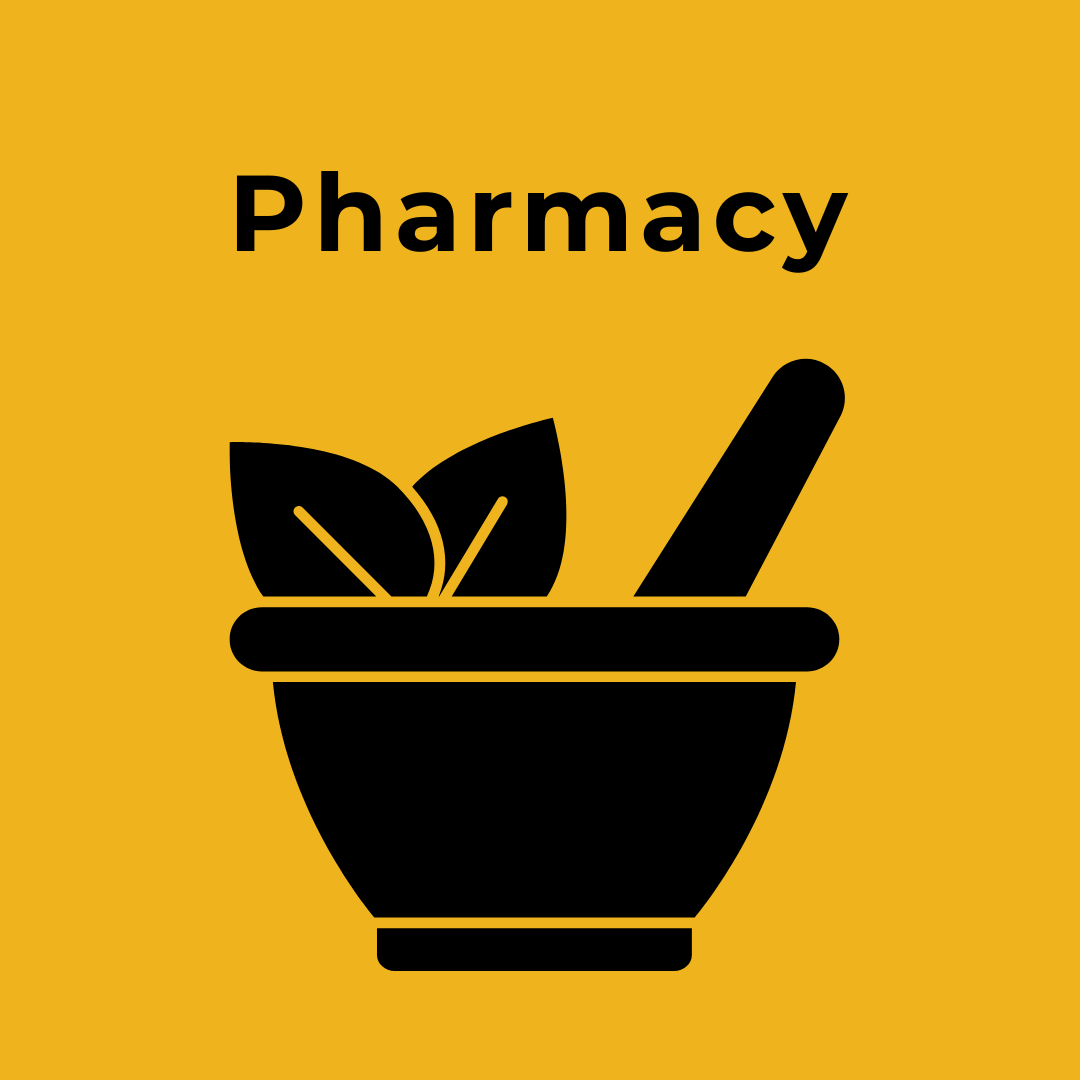Student Health Center
Colorado College partners with UCHealth to provide you consistent and quality health care.
Health Center MLK Hours
Health Center MLK Hours
The Student Health Center will be CLOSED Monday, January 19th in observation of MLK Day.
The full time schedule of 9am to 5pm will resume Tuesday, January 20th.
Urgent Care options are listed below and to the right
Reminders
Meningococcal Disease and Vaccination Fact Sheet.
Meningitis Symptoms
For more information, visit the National Meningitis site.
Why Tdap is a good idea: The big worry with pertussis (whooping cough) is not necessarily with college students, but with infants that they may come in contact with. The Colorado Department of Public Health and Environment (CDPHE) has a helpful Frequently Asked Questions sheet for our reference.








